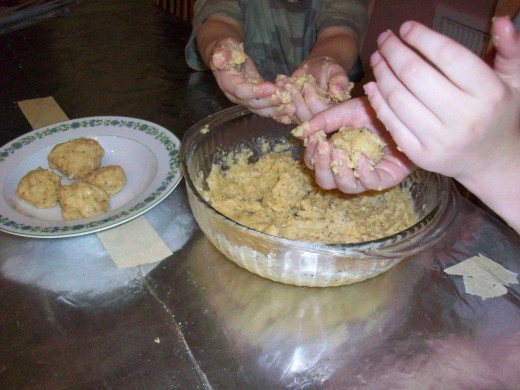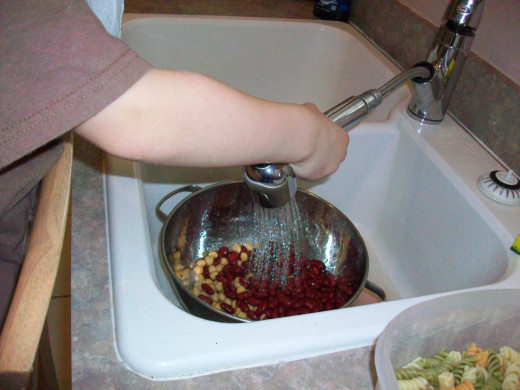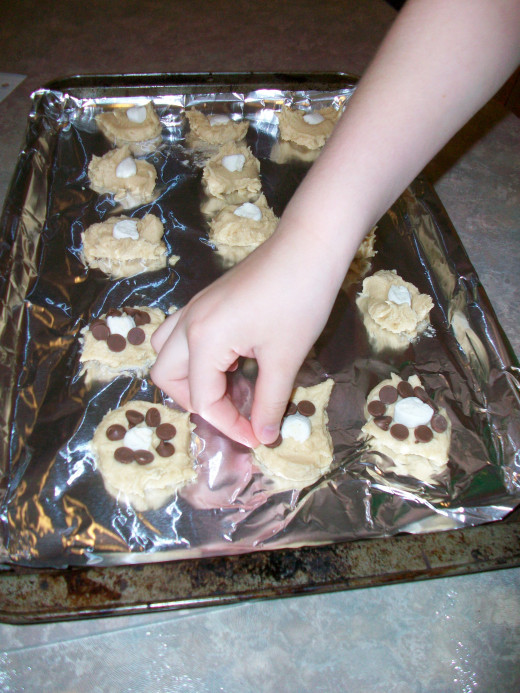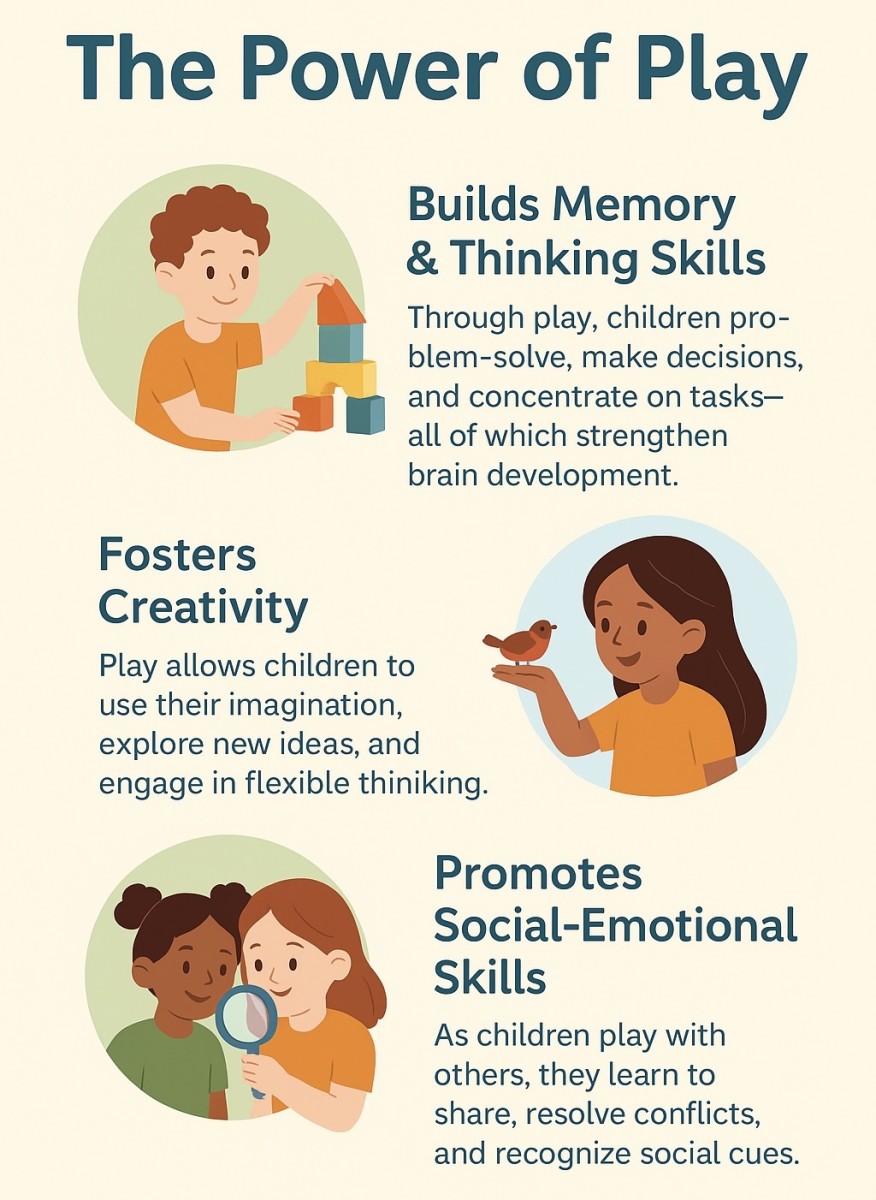Bonding With Children Through Kitchen Activities

As children grow and mature, parents can almost feel them slipping out of their grasp. The lure of friends, sports, electronics, and other activities can make parents feel left behind. This, in turn, can lead parents to worry what their kids might be up to when away from them. One solution is to develop a shared interest with your child, which will bond you together securely. One easy way to bond with kids is through cooking, giving you an opportunity to spend a few minutes together every day.
Use these techniques to bond with your kids in the kitchen:
- Start young. Invite your child into the kitchen whenever possible.
- Tell true stories or chat with your child about your day when you're cooking.
- Teach them cooking techniques, kitchen safety, and family recipes so they gain competence and confidence.
- Make it fun, and they'll always come back to your kitchen to see "what's cooking."

Start When They're Young
Preschoolers are natural kitchen helpers. They love to measure and pour, and they're full of questions about how and why cooking happens. If you encourage them to join you at this stage, they will get used to being in the kitchen and "helping out". (Try to be patient; their help may be more of a hindrance occasionally, but you don"t want to turn them off!)
Appropriate tasks for preschoolers include:
- Rinsing fruits, veggies, or canned beans in a colander
- Measuring dry ingredients
- Stirring cold ingredients together
Three- and four-year-olds have limited attention spans, so consider calling them into the kitchen to help you with specific tasks, rather than for preparing a whole dish. While they are helping you, ask about their day at preschool, or what their favorite part of their latest playdate was. Then talk about something you did that day, or tell a story about the food you are making together. This will signal to your child that kitchen time is about sharing stories, not just about preparing food. Pretty soon, your kid will be popping his head into the kitchen every day with a story and an offer of help. If only it were that easy to train them to wash their hands!

Grade Schoolers Love to Cook
Elementary school is prime time for kitchen learning and bonding; kids are still eager to help their parents, and now they're capable of performing a much wider range of tasks, which will hold their interest.
Appropriate tasks for grade schoolers include:
- Peeling carrots or potatoes
- Cutting softer fruits and vegetables (peaches, peppers, tomatoes)
- Using manual appliances like a can opener or cheese grater
The key at this age is to make sure that cooking and spending time together in the kitchen is just as much a priority as soccer practice or gymnastics class. To that end, consider spending Sunday afternoons cooking for the week. Freeze your main dishes, and then you'll need just a few minutes to make side dishes each day after piano lessons and before the basketball game. Encourage your child to come in to the kitchen to help with her favorite parts of cooking prep or to learn how to make a new dish. You may be surprised by how long she stays!
Another technique for bonding with kids in the kitchen is to let them do their homework at the table while you're cooking dinner. Chances are that if you ask a 10-year-old straight out what he did at school that day, the answer will be "Nothing." But if you make yourself available and open, he may open up also and say what's on his mind. And if not, at least you'll be sure he's done his homework!

Bonding With Middle Schoolers Over Cupcakes
Middle schoolers are at the point where they feel it's not cool to hang out with their parents anymore, but if you lay the groundwork properly and have spent a lot of time making them feel special with you in the kitchen, they will likely continue the habit of spending time with you and talking about their day. Middle schoolers are more competent and can handle most of the tasks involved in cooking a meal, so you can offer them more responsibility in the kitchen, which will help them feel more grown up.
Tweens and young teens can:
- Use the stove and oven with supervision
- Slice, chop, mince, and dice most foods
- Learn how to safely use electric appliances such as a mixer, blender, and food processor
Try to cater to their interests when deciding what to make together. If your daughter loves gourmet cupcakes, take some time to bake with her even if you wouldn't ordinarily make a special dessert. Some of my fondest kitchen memories are of baking chocolate chip cookies with my mom to bring to school for my friends, and twenty-some-odd years later I still bake with her whenever I get the chance. (My job usually involves licking the bowl.)
The key with tweens and young teens is to make time spent together fun. At this age, they may be spending a lot of time trying to figure out how to be cool, whcih may translate to lots of eye-rolling and crossed arms. Find a way to shake them out of their posing in the kitchen by being silly. Get flour in your hair or chopped meat on your nose "by accident." Devise an outrageous recipe together and serve it with a straight face to the rest of the family. Humor is a very effective bonding tool.

Older Teens in the Kitchen
Teens who have demonstrated competence in kitchen safety can and should be allowed to cook by themselves if they wish. Try not to intrude if they don't want company; they may feel you're trying to infantilize them by checking what they're doing. Instead, offer your services as sous chef. You've been in charge in the kitchen for years, so they may think it's fun to turn the tables and let you do the grunt work of chopping veggies and washing the chicken while they choose the recipes and stir the sauce.
Continue to be available for heart-to-heart discussions while cooking. Consider designating the kitchen a "safe space" for your teens to discuss hot-button issues like alcohol or sex with you. Cooking can give you both something to do with your hands while you tackle uncomfortable or sensitive conversations. And if you get distracted and burn the roast, go out for dinner and consider it money well spent on a teen who still feels close enough to you to share his worries and concerns.








